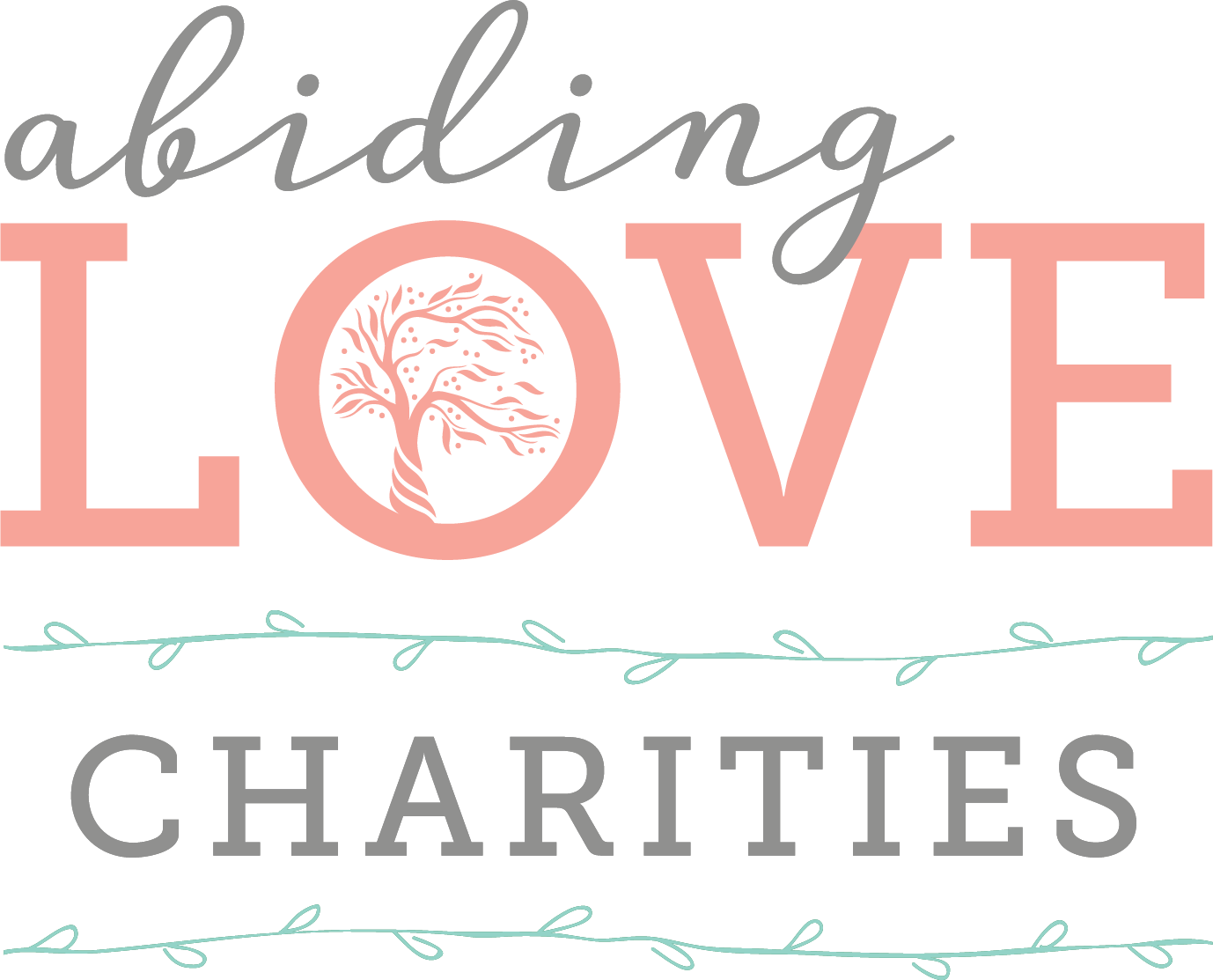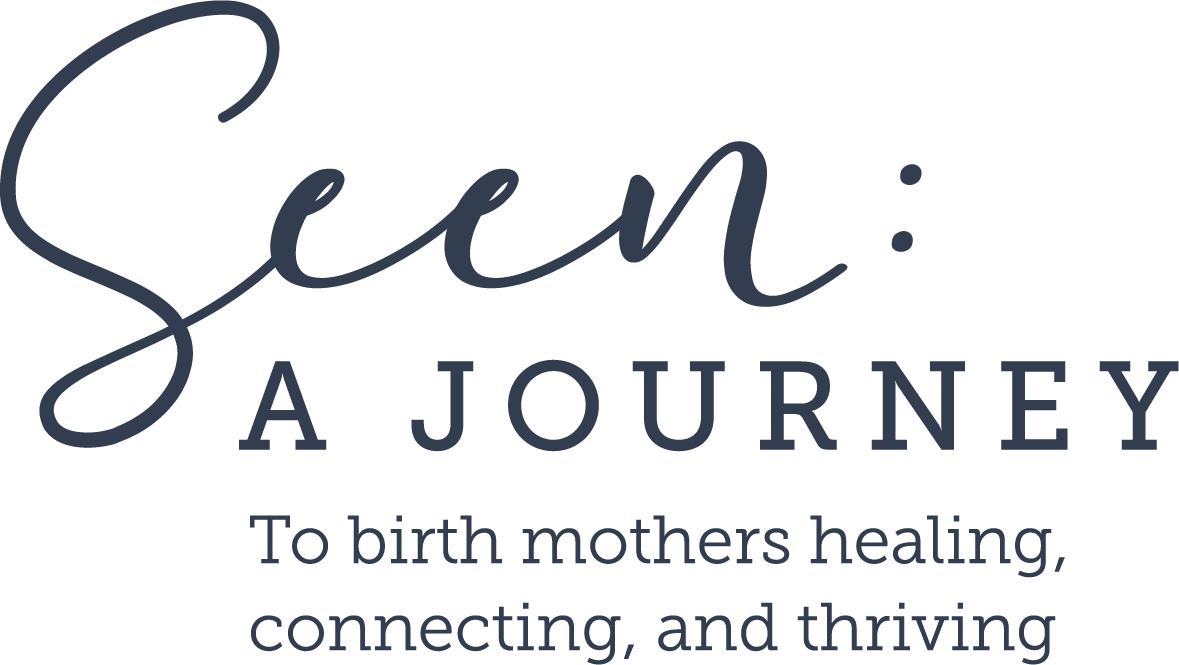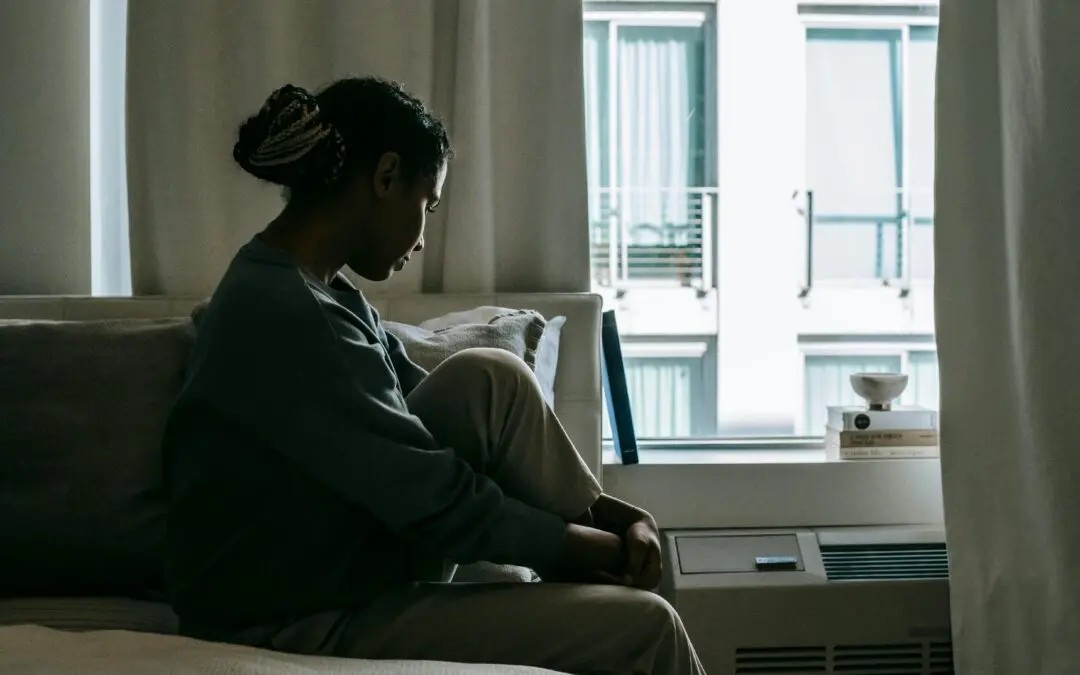You Hurt Me
I remember the first time someone called me ugly to my face. It hurt my feelings badly, and no matter how many times I have heard “You’re beautiful” since then, the comment lingers.
It was my 9th grade year, and I was on the bus heading home from school. I remember I was just staring out the window thinking about how I survived another day of high school. A group of girls were sitting towards the front of the bus, laughing and teasing each other. I always stayed to myself, so I barely paid them any attention. Then one of them walked up to me, looked me dead in the face, and said, “You are ugly.” She turned around, laughing with her friends like it was nothing. To this day, it is a painful memory for many reasons, but most importantly because I did not stand up for myself.
“But love keeps no record of wrong.”
I Keep The Score
I have spent years ruminating over her words: “You are ugly.” I’ve made up scenarios where I accidentally bump into her at Walmart or a party and finally give her a piece of my mind. I’ve fantasized about calling her ugly and about making her feel as small and insignificant as she made me feel all those years ago. I always carry my scorecard with me, prepared to demand a rematch at any moment.
“But love keeps no record of wrong.”
You Owe Me Penance
In my adolescent years, my parents emphasized owning up to my mistakes. Apologizing and recognizing others’ feelings were the expectation and not the exception. I learned early that when you mess up, you fess up. It is imperative to say you’re sorry and you take responsibility. I tried to heal the hurt, but I kept waiting for her to take responsibility; sadly, she never did. And if I’m honest, there’s still a part of me that feels like she owes me something: a confession, an apology, a piece of peace she took from me.
Truth be told, the same ache and need for someone to say “I’m sorry” tends to show up in my adoption story. I have so many questions with very few answers and wounds without acknowledgement. As I uncovered more of my story, I realized I was carrying the weight of unanswered questions and hoping that someone, somewhere, would make it right. The longer I carried that weight, the more I realized if I kept waiting for someone else to heal my pain, I would stay trapped in it. Freedom wasn’t going to come through an apology; it had to start with me.
Learning not to keep a record of wrongs doesn’t mean pretending the pain isn’t real. It means choosing to release it so it doesn’t hold you hostage. It’s a process filled with hard work. Here are a few ways I’m learning to practice this kind of love in my life:
❖ Tell the Truth About What Hurt You.
➢ Honesty is not bitterness; it’s the beginning of freedom.
❖ Choose Release Over Retaliation.
➢ Every time you feel that old anger rising, gently remind yourself: you are allowed to let go. You are allowed to be free, even if they never say sorry.
❖ Let God Keep the Score.
➢ Remember love keeps no record of wrongs, and you don’t have to either. Let God hold what you can’t.
Final Blessing:
May you have the courage to tell your truth.
the grace to grieve what was lost,
and the freedom to lay down the heavy things you were never meant to carry.
May real, deep, and healing love find you again and again. ,
And may you always remember:
You are more than the wrongs done to you.
You are beloved.


